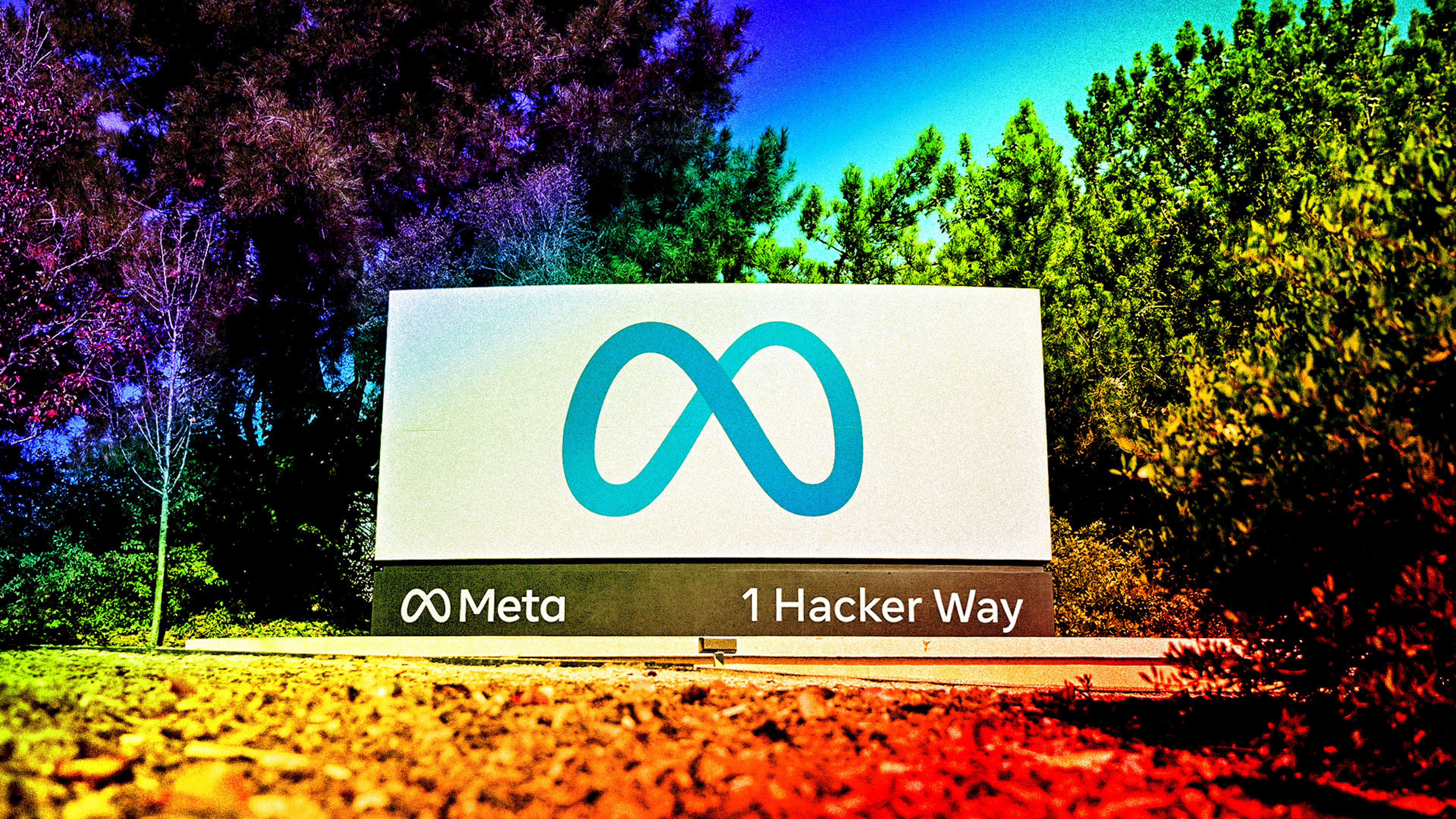For years, groups of celebrities, human-rights organizations, even regular old users have asked Meta to take LGBTQ+ worries about safety more seriously. These requests go back at least a decade and stretch to as recently as January, when Facebook’s oversight board called out its failure to uphold rules meant to curb anti-trans hate speech. The fundamental problem, the board noted, “is not with the policies, but their enforcement.” Its conclusion: Meta “is not living up to the ideals it has articulated on LGBTQIA+ safety.”
That black eye followed another letter that around 250 famous figures, including Elliot Page, Ariana Grande, Jamie Lee Curtis, and Judd Apatow, sent last June arguing Meta’s platforms were filled with abusive content calling trans and nonbinary people sexual predators, and arguing that this seemed to be occurring, coincidentally, at the same time as an influx in harassment against prominent LGBTQ+ users.
Their letter had the backing of several major LGBTQ+ advocacy groups, one of which was GLAAD. This week—nine months after Meta got the request—GLAAD has released a new report that essentially brings receipts, documenting new examples of “anti-LGBTQ material” posted from June 2023 to March 2024. These posts range from slurs to actual calls for violence against transgender people, many dotted with characterizations of the LGBTQ+ community as being “satanic,” “groomers,” “terrorists,” or “perverts.”
Hate speech is a broad category: Some terms are merely offensive, while others enter into more dangerous territory where they seem to call, directly or indirectly, for people to commit acts of violence against certain groups. But Meta claims user conduct must conform to a robust set of Community Standards, writing that, “We remove hate speech, harassment, threats of violence, and other content that has the potential to silence others or cause harm.” Across Facebook, Instagram, and Threads, it provides specific language defining what is hate speech, what it considers violent or graphic content, and what kind of conduct qualifies as incitement, bullying, or harassment.
GLAAD says it logged formal complaints for all of the “anti-LGBTQ content” found in its report, with references to which policies it believed they violated. The group claims that in each instance, Meta “either deemed the content not in violation of its policies, or simply didn’t take action on it.”
Some of the content was posted or promoted by or involved media personalities with very large follower counts. Among the most disturbing posts that GLAAD says Meta allowed to stay up were these:
- Trailers for a documentary called “LGBT Terrorists.”
- Posts maligning multiple groups, such as a cartoon that argued “Jews push pornography & degeneracy on our children,” then depicted a man at a school bus stop dressed in a “Thank heaven for little girls!” shirt. (Among the comments this one elicited: “We fought the wrong enemy in WW2.”)
- An Instagram post in January that asked, “What do you think should be done to doctors that perform ‘gender affirming care’ surgeries on minors?” then added: “Let us know in the comments.” (Suggestions included having the same exact procedures forced upon them, as well as “Nuremberg 2.0.”)
- An Instagram post that called trans people “devils” and showed a twisted body being stoned to death, though all the stones were replaced with the laughing emoji.
- Posts that GLAAD argues crossed the line from “implicit” to “blatant” calls for violence, like a November Instagram post, set to the song “Fleshkiller” by Christian metalcore band Phinehas, where a masked vigilante holds an assault rifle while stomping on the head of a winged, horned creature in a bright-colored costume. “May the Holy Saints guide you into glory,” the caption reads, with the hashtags #rifle, #ar15, #gay, #transrights, and #trans.
- Another October post where an angel has put a chokehold on a pink-bearded individual who wears eyeliner and fetish attire, while a masked figure beats them with a bat. “Help us do the work of the Lord,” the post’s creator asks, above the hashtags #guardianangel, #trans, #gay, and #bat.
GLAAD points to past public statements where Meta acknowledged that hate speech found on its own platforms “in some cases may promote offline violence,” noting that such statements make the delay in curbing this type of misconduct “all the more shocking.”
Meta didn’t respond to questions asking it to confirm that it had received GLAAD’s takedown requests—and if it did, to explain on what grounds it opted not to remove content displaying marginalized groups’ names and armed people attacking other individuals.
In a statement accompanying the report, GLAAD reiterated its intentions here are to “continue to call for Meta to share a plan to address the epidemic of anti-trans hate and violence on its platforms.”
Recognize your brand’s excellence by applying to this year’s Brands That Matter Awards before the early-rate deadline, May 3.
